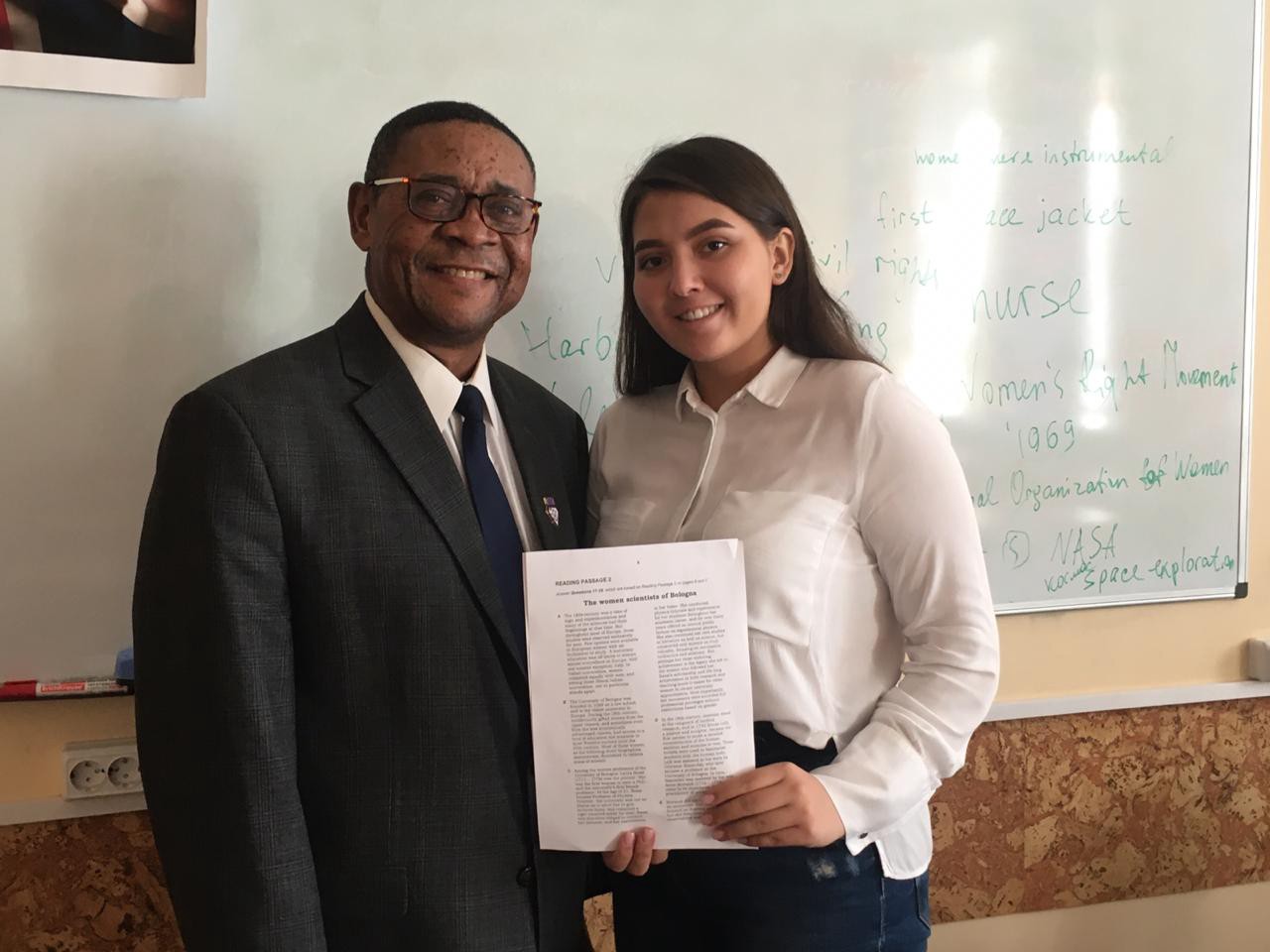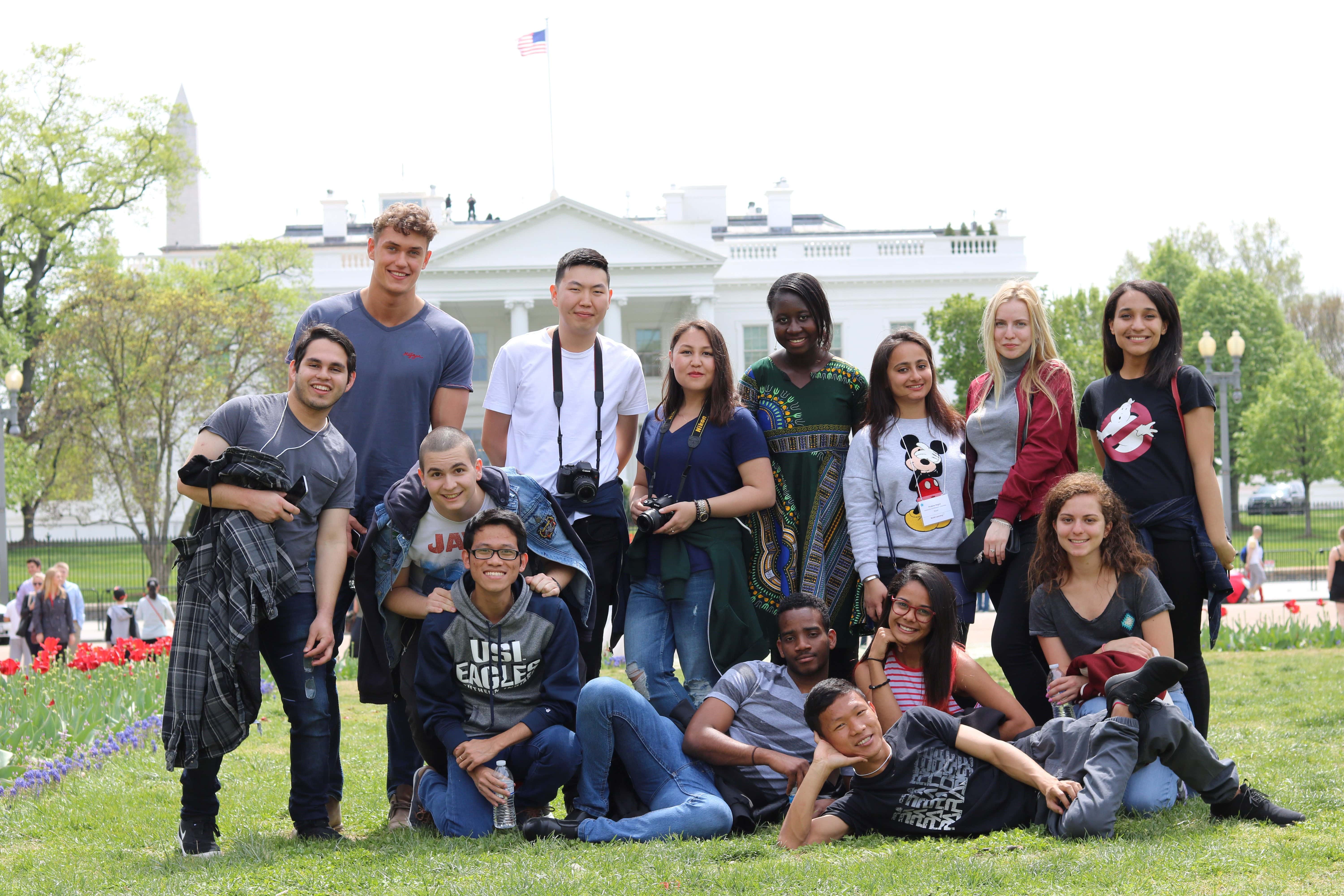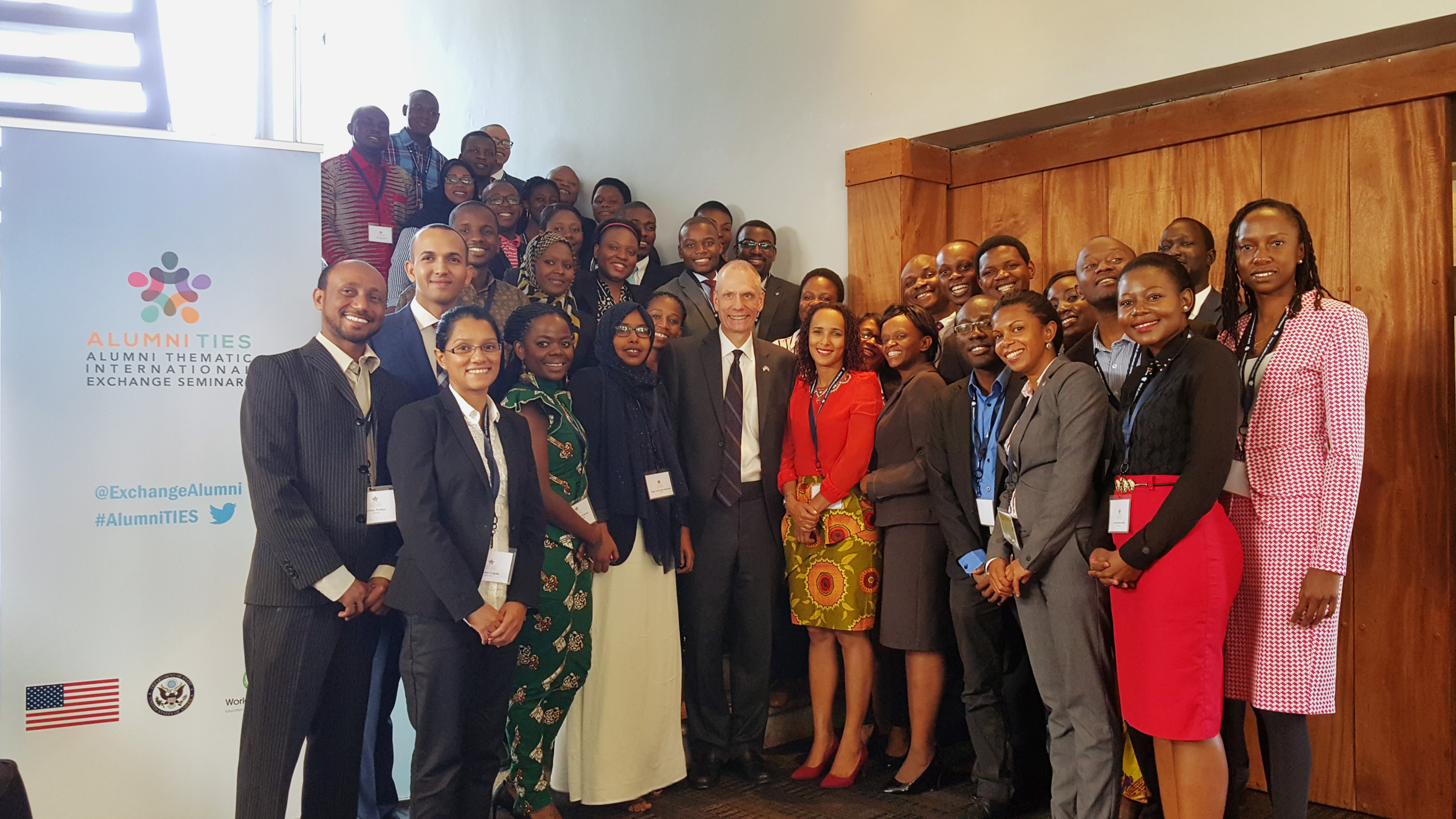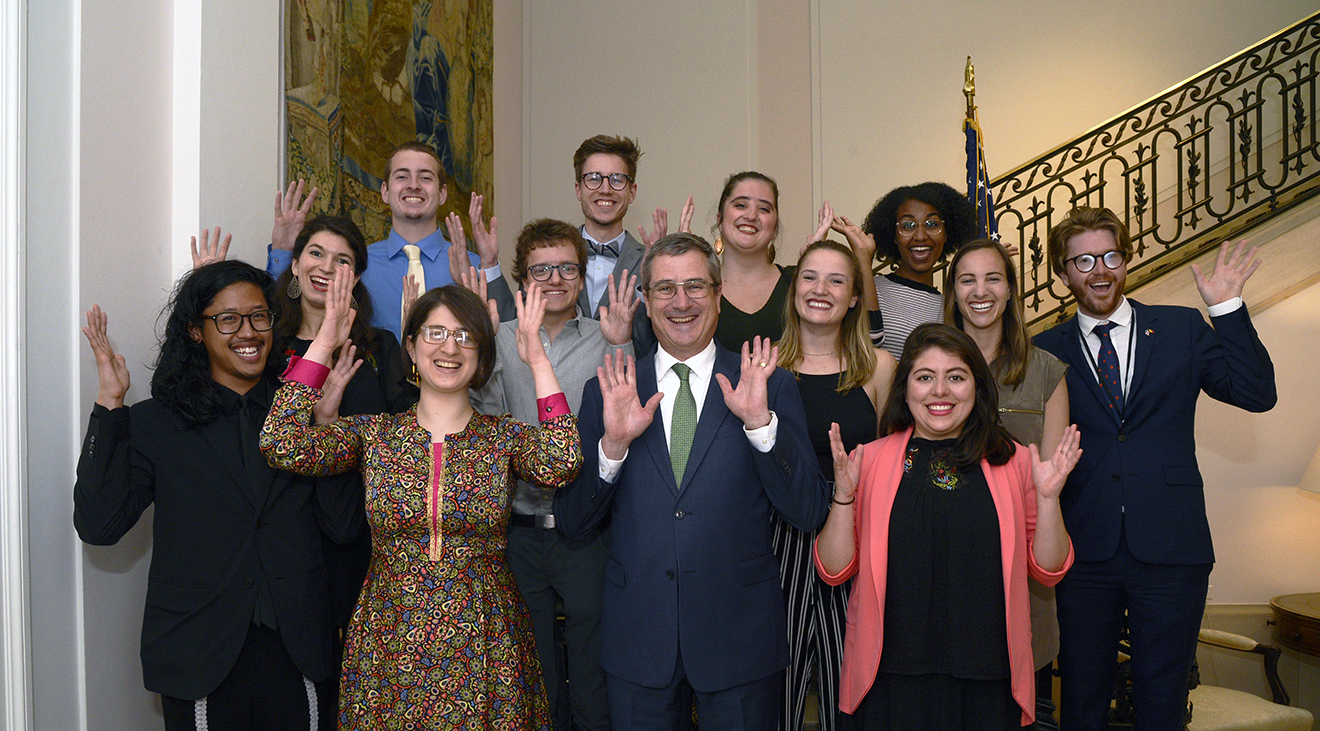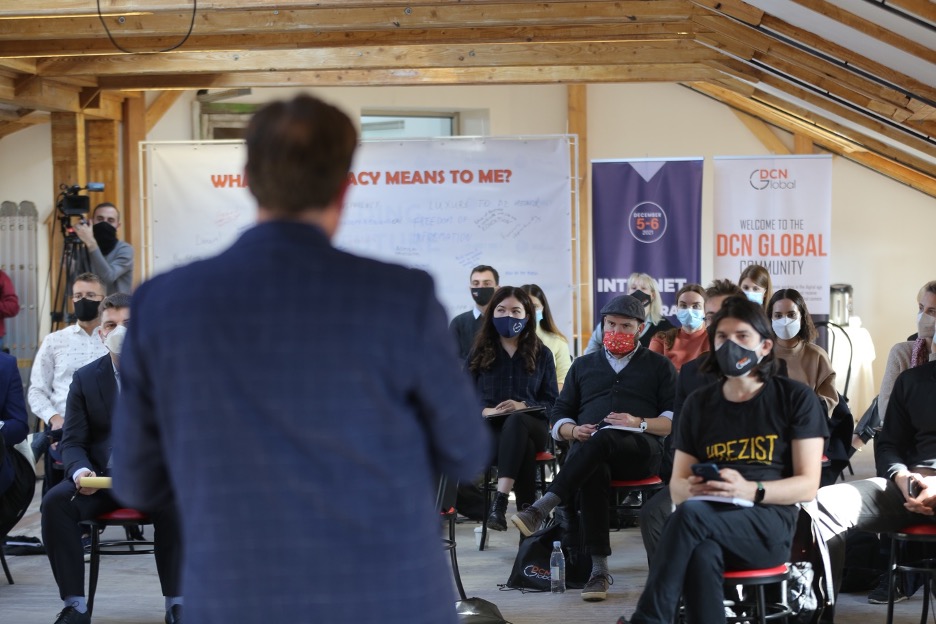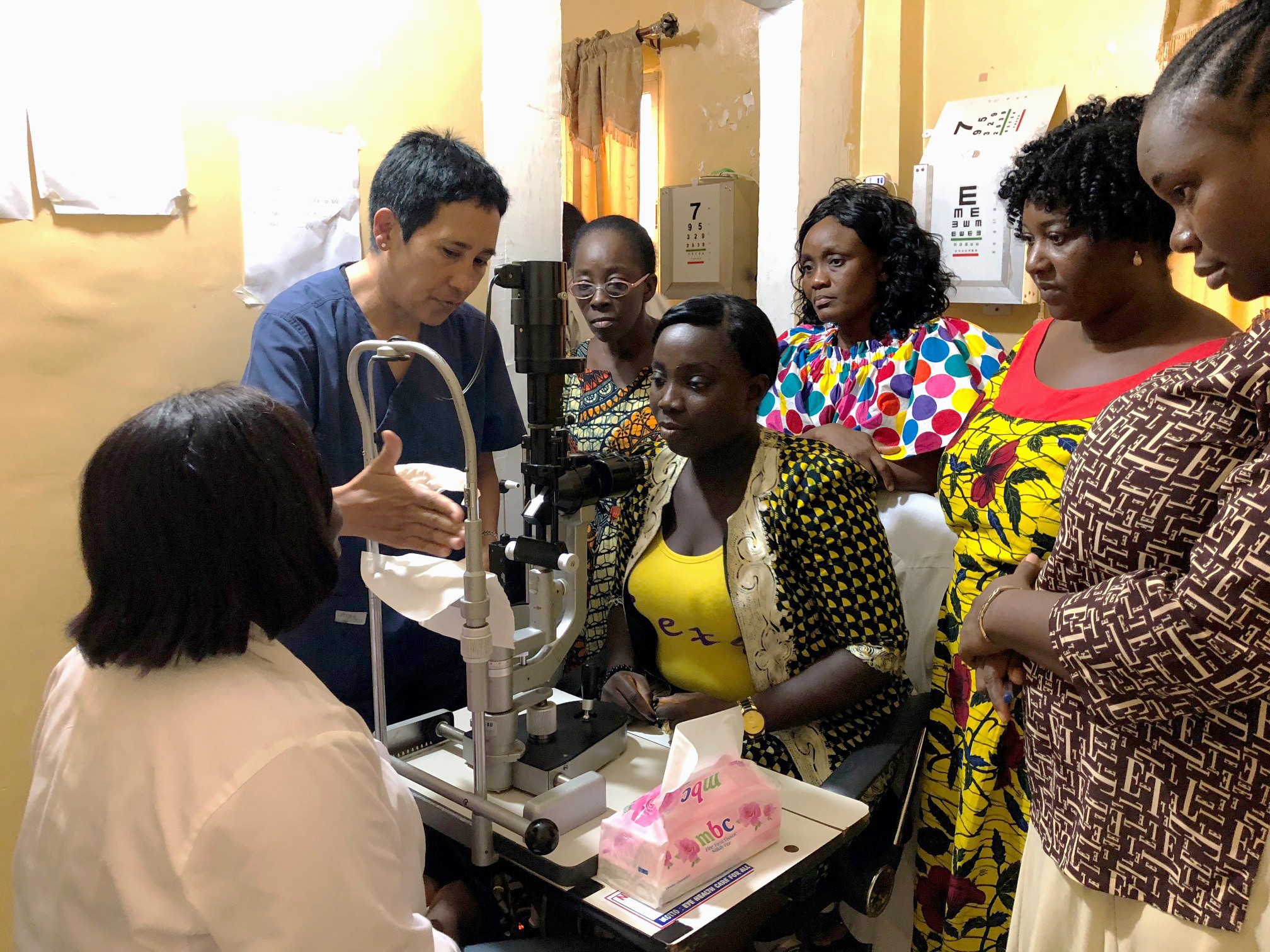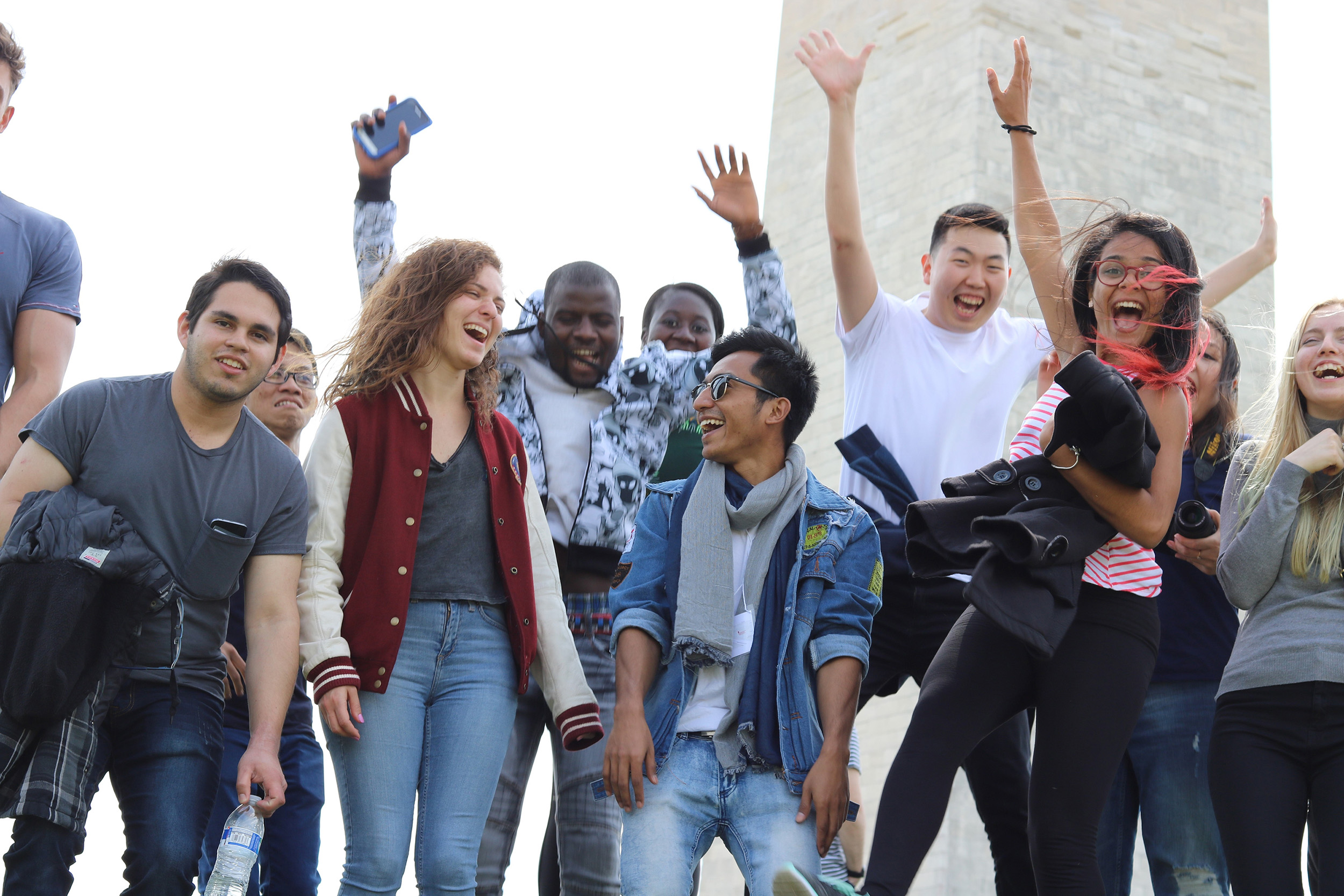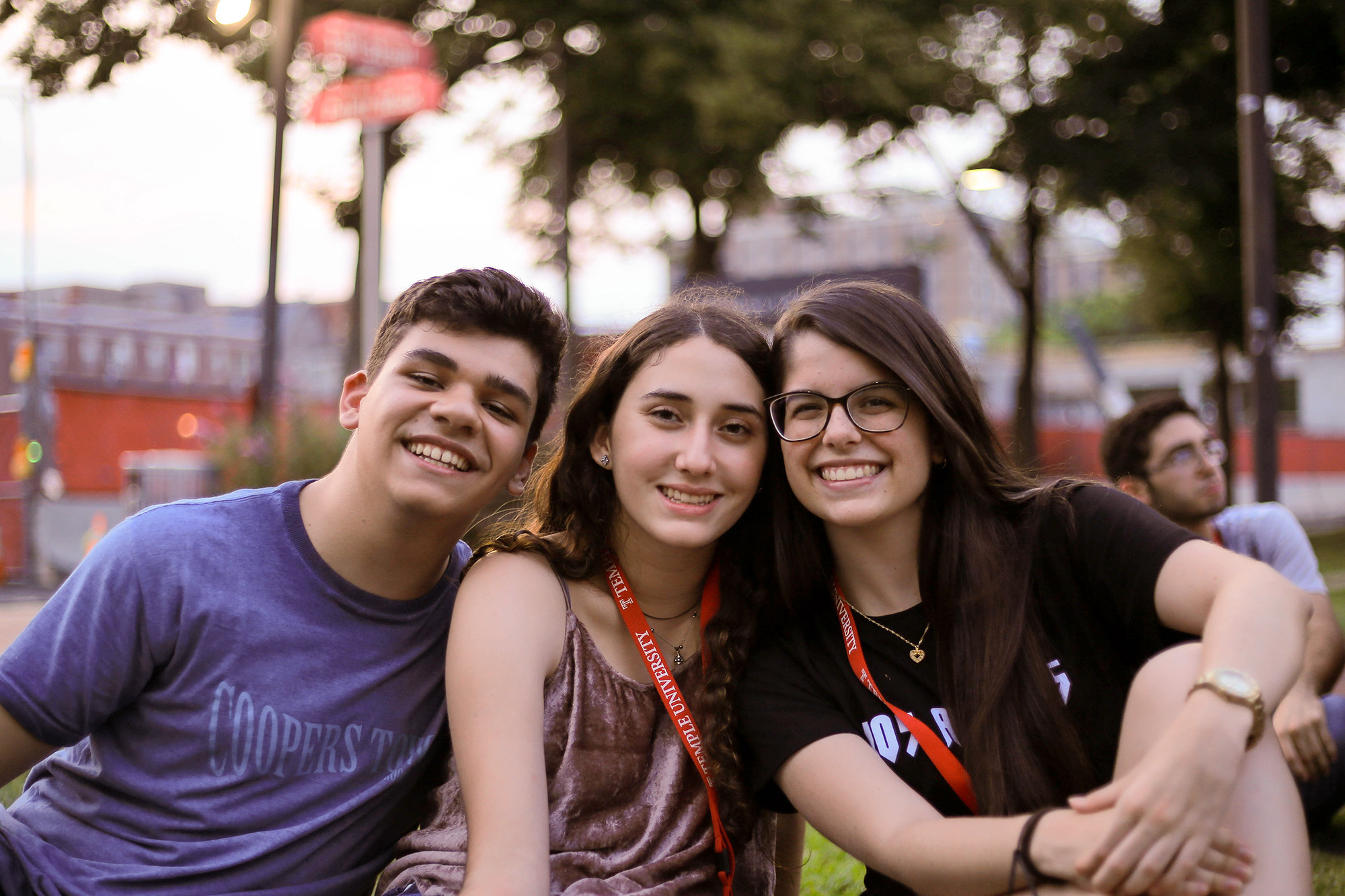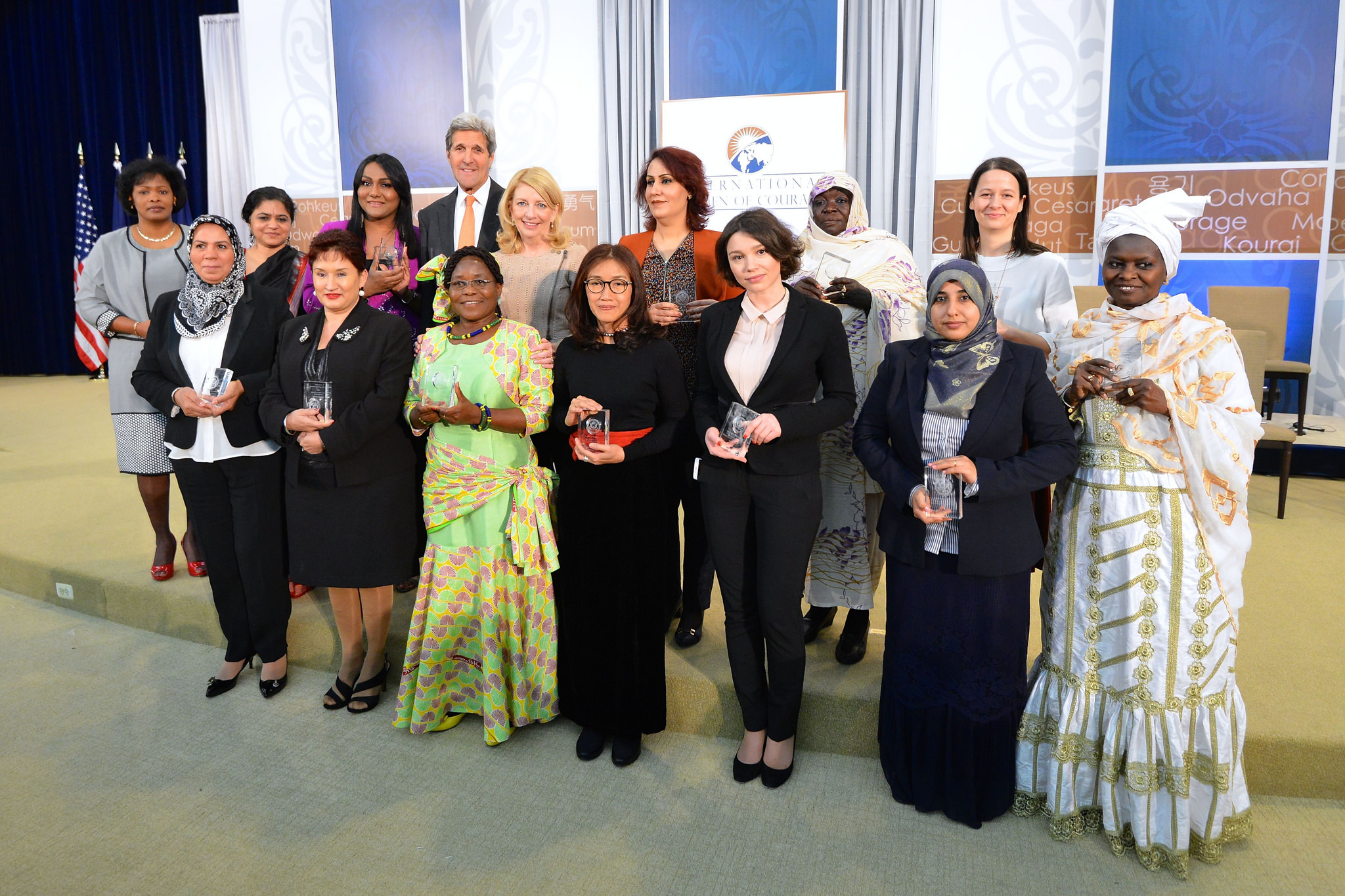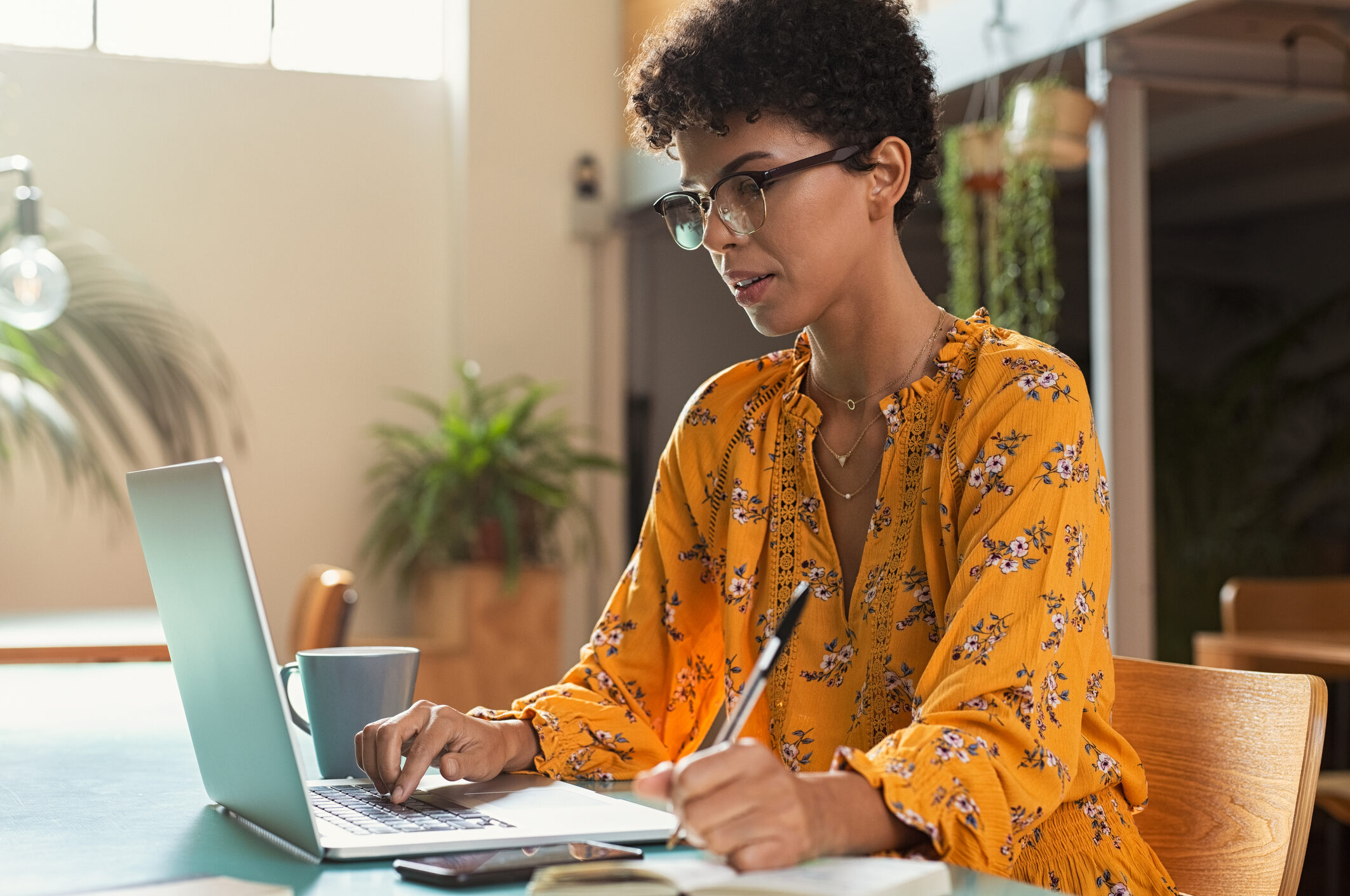
Siberia was not where Maurice Mongkuo had initially imagined he would be going when he applied to the Fulbright Specialist Program.
When he was matched to a project to provide lectures and workshops at Altai State University (ASU), a public institution in Western Siberia, Mongkuo acknowledges he did not know much about the region, except for the long and complex political relationship between Washington and Moscow.
“I had no idea what to expect,” says Dr. Mongkuo, a Professor of Public Administration at Fayetteville State University (FSU), a historically black university in North Carolina. “I didn’t know how they were going to receive me as an American.”
When he informed his colleagues and students at FSU that he was planning to travel to Russia, the apprehensive reaction of some surprised him.
“They were concerned …because of the political rhetoric between our two countries,” Mongkuo added.
Still, he accepted the invitation.
“I was more focused on the academics than where I was going,” he explained.
In Barnaul, a city of less than a million people and home to ASU, Mongkuo lectured to undergraduate and graduate students and held workshops on American public administration. Topics included project management and public policy decision-making technologies, and their potential applications in Russia’s public sector.
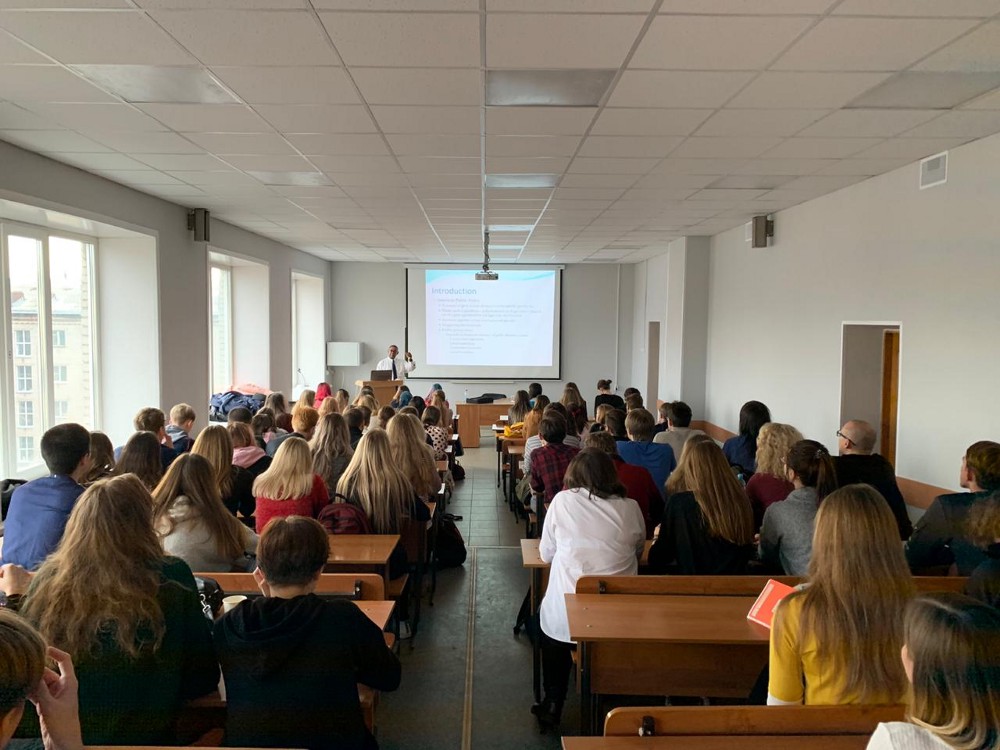
One of the problems of this landlocked region between China, Mongolia, and Kazakhstan is how to market goods. In addition, young educated workers tend to leave this remote area in search of employment elsewhere. As a result, Mongkuo also focused on teaching the design, implementation, and evaluation of sustainable development strategies in rural areas.
He also served as a resource for students on research methodology and helped faculty gain a greater understanding of criteria for developing professional, peer-reviewed scientific articles.
Mongkuo was quickly won over by the host institution administrators, faculty, and students.
“The respect people there have for the United States — they really want to engage with Americans. I’ve never had this kind of attention before,” he says.
Mongkuo says his time teaching in Barnaul was deeply enriching on personal and cultural levels and also enabled him to see himself in a whole new way.
“In the United States, I never really had anyone compliment me for what I’m doing,” he says. “But over there, people were telling me, ‘when we look at your resume it just blows us away. Publications, grants, editor and reviewer of numerous professional journals, how do you have time to do it all?’”
While Barnaul is an ethnically diverse city — home to Russians, Slavs, Kazakhs, and other Central Asian ethnicities — Mongkuo noticed he was one of just a few individuals of African descent at ASU.
However, he says, “Nobody, nobody brought up the race issue. It was very, very surprising to me.”
Mongkuo is still engaged with his Russian colleagues.
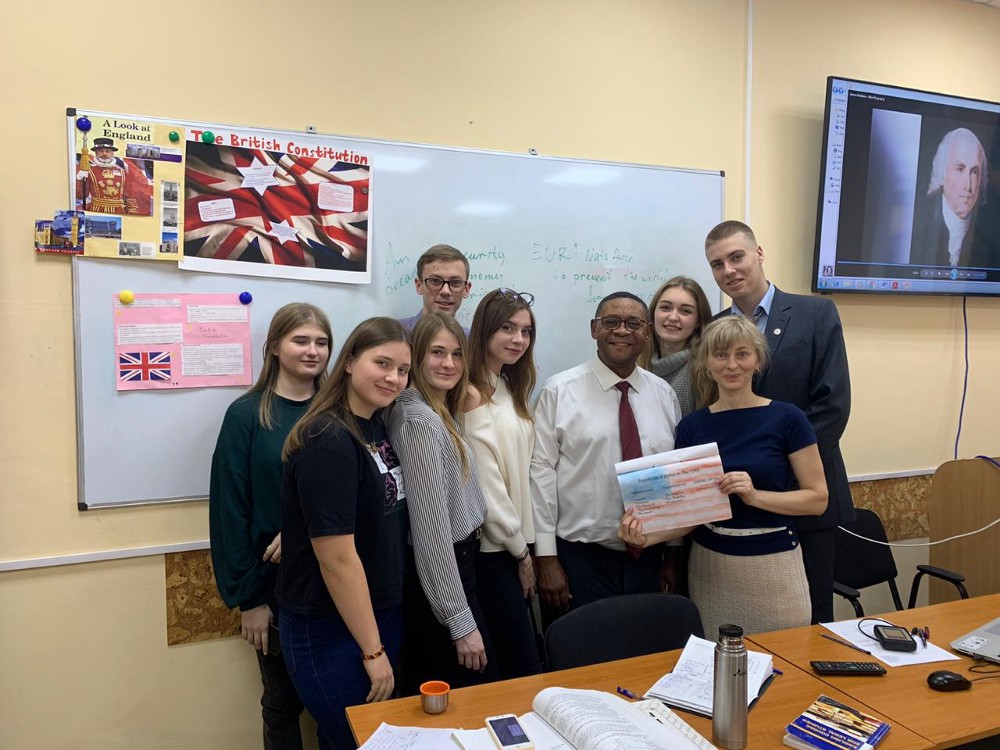
In addition to collaborating on research projects, he is assisting them with proposals for external funding and supporting them to communicate their research to a wider audience through academic publications. Mongkuo and an ASU faculty member have recently published their first article together, a product of an academic writing workshop Mongkuo delivered as a Specialist.
Mongkuo says he took home more than just a handful of small local and homemade gifts of appreciation from administrators, students and faculty; he also brought back a more personal approach as an educator.
“When I came back, I had this new way of engaging my students,” he says.
“I’ve learned to go a little slower and engage with the students more and mix one-on-one with them. That wasn’t my style of teaching before. I asked for feedback. Most of my students back home like my patience,” Mongkuo adds.
He has also become an advocate for FSU students, administrators and faculty to spend meaningful time abroad, especially in less popular locations like Russia that they may not have initially considered.
Mongkuo’s efforts to advocate for study abroad are especially noteworthy because Black students are generally underrepresented among students studying abroad: they make up about 14 percent of all students enrolled in U.S. higher education, but account for just 6.1 percent of students studying abroad.
“I think it’s crucial for young people and our faculty and administrators to go and live overseas,” he says.
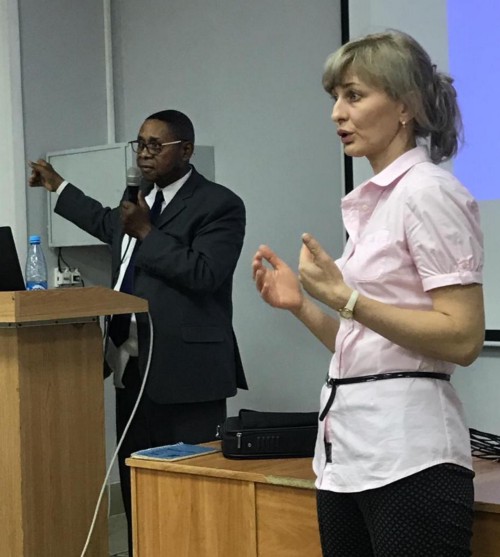
“The more different it is from your own culture, the more you learn. Learning how to live in a multicultural world prepares you a lot to survive in a world that everyone is competing in.”
While Mongkuo admits he was not sure what to expect when he first agreed to teach deep in rural Russia, he is now grateful for the exposure to a new culture, and views his Fulbright Specialist experience as much more than an opportunity to advance his teaching, research, and service agenda.
“It turned out to be one of the greatest experiences I’ve ever had,” he says.
“My first-hand understanding of humanity took an exponential jump for the common good,” adds Mongkuo.
The Fulbright Specialist Program was established in 2001 by the U.S. Department of State and the Bureau of Educational and Cultural Affairs (ECA) to enable U.S. professionals and scholars to work on short-term projects overseas in conjunction with local host institutions.
For more information about the Fulbright Specialist Program or to apply, please go to:https://fulbrightspecialist.worldlearning.org/the-fulbright-specialist-program/





